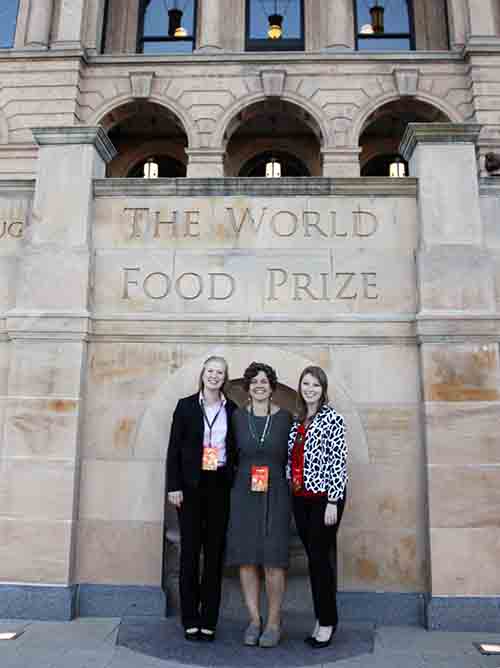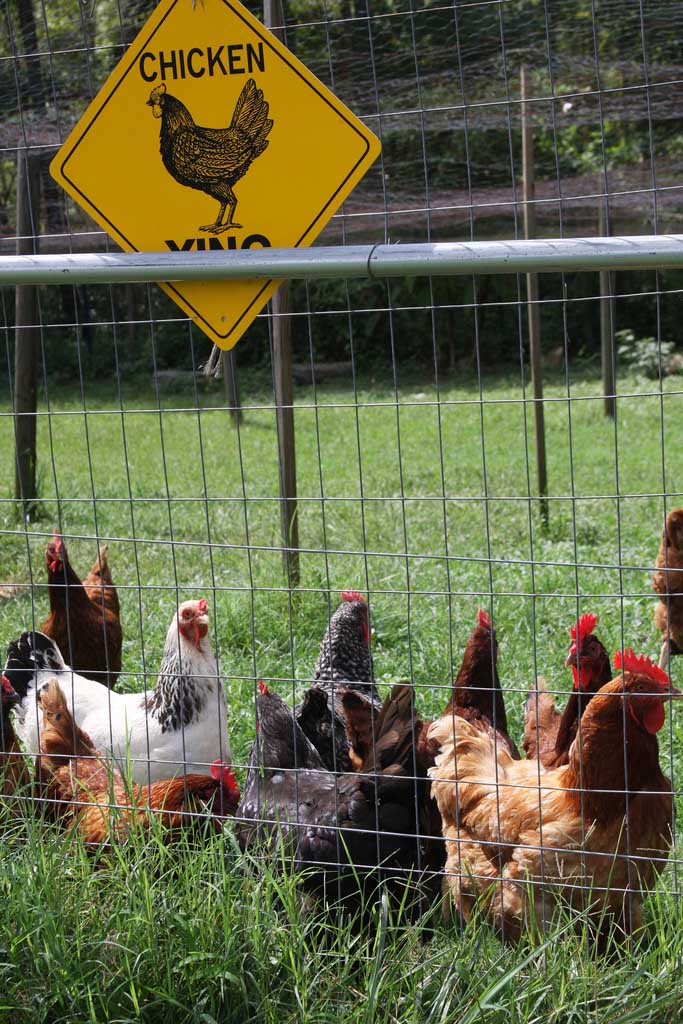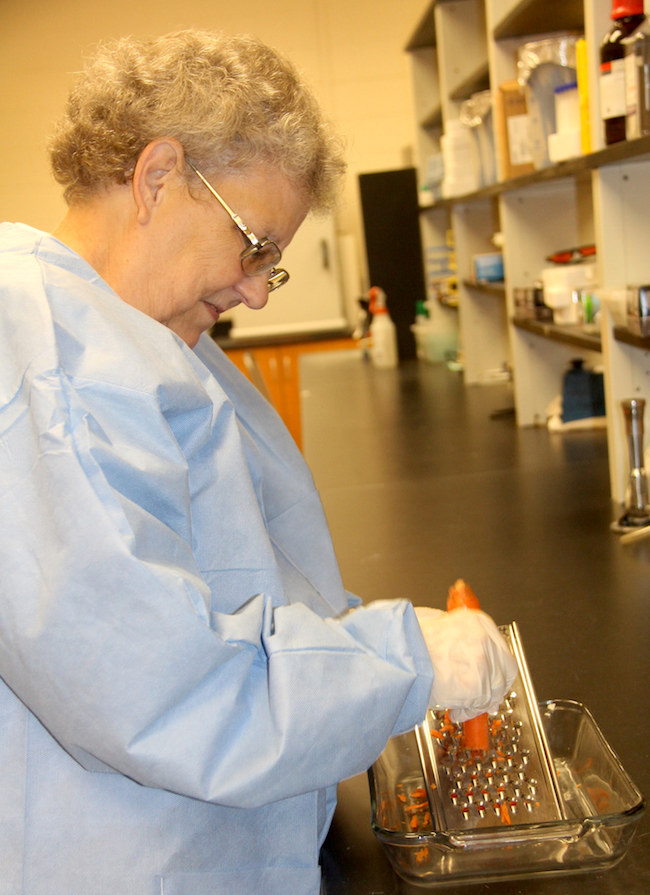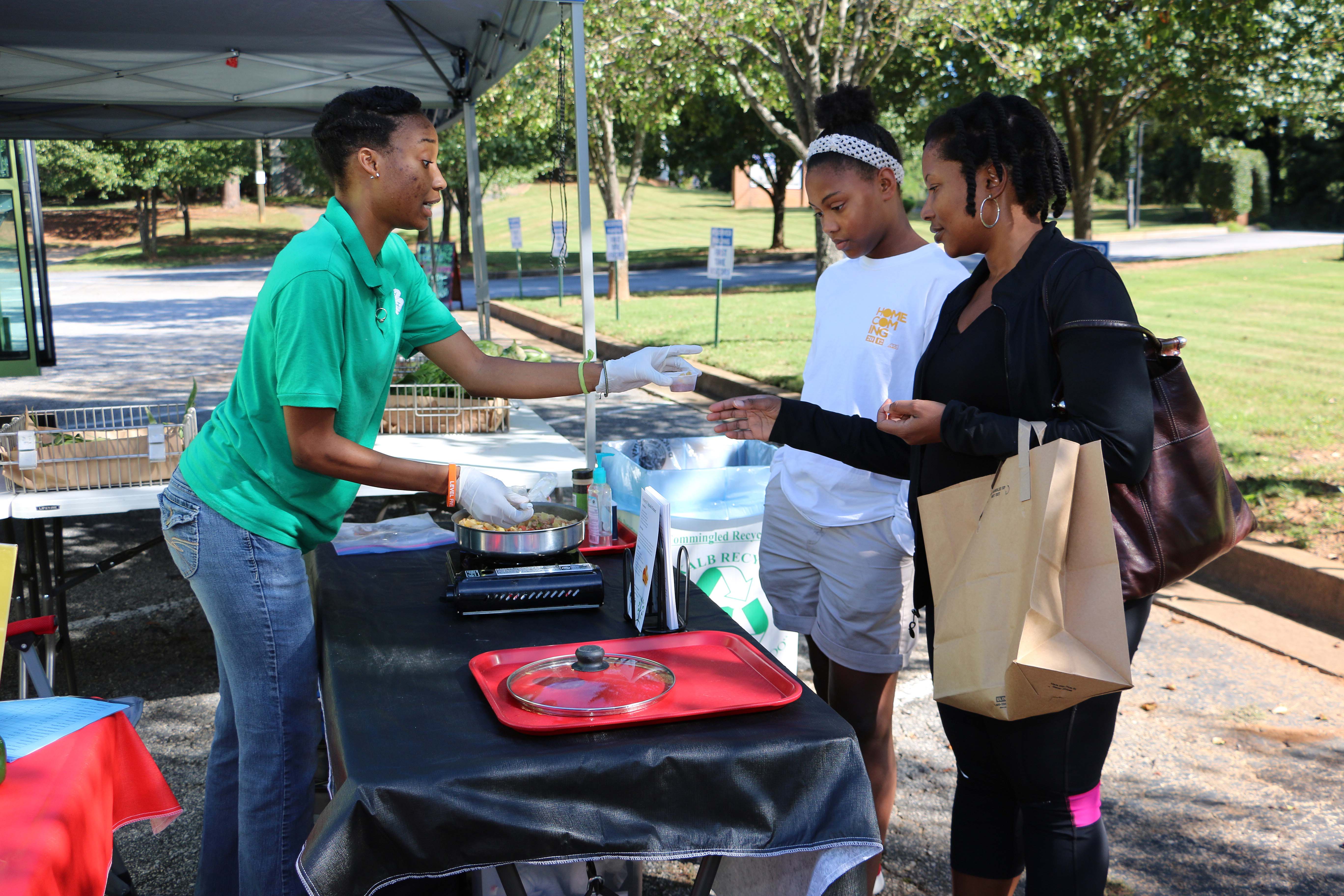 CAES News
CAES News
Borlaug Dialogue
In the middle of this season of feasting and fêtes, it can sometimes be easy to forget about the plight of people who struggle to have enough to eat. For two University of Georgia College of Agricultural and Environmental Sciences students who had the chance to attend the 2015 World Food Prize Borlaug Dialogue this fall, that won’t be the case this year.





